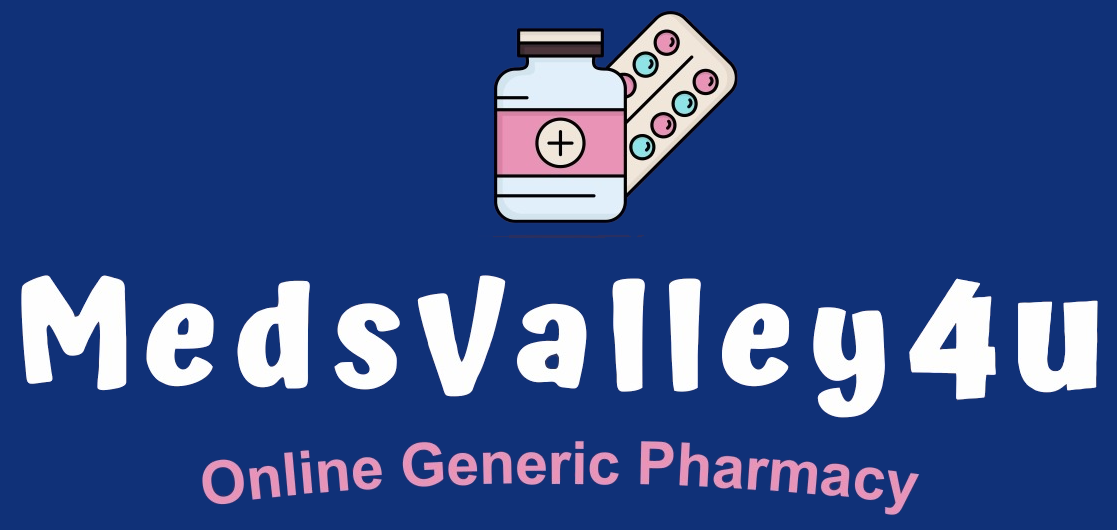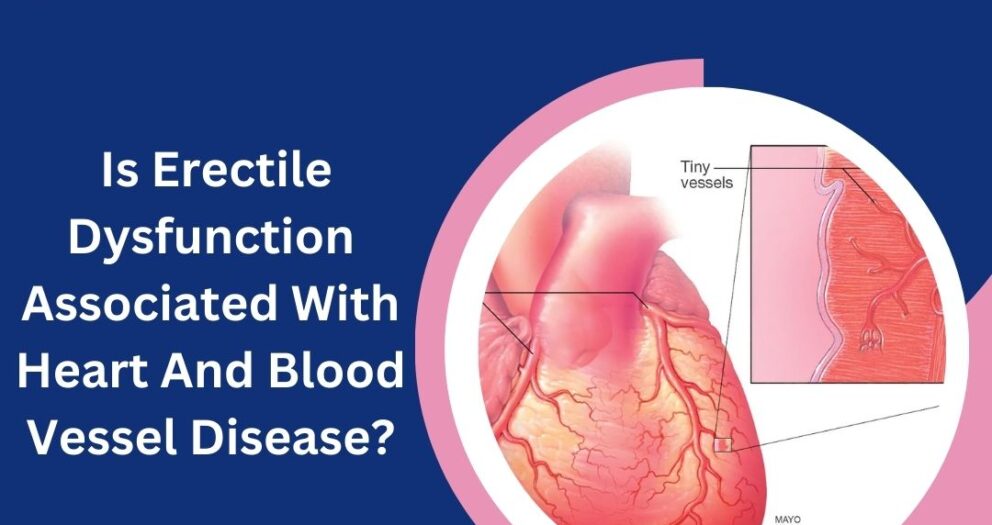Erectile Dysfunction:-
Introduction to Erectile Dysfunction:
The inability to achieve or sustain an Erection for a sufficient duration of sexual activity is known as Erectile Dysfunction (ED).
There are numerous potential causes, including disorders of the blood vessels, neurological disorders, mental health issues, and traumas.
Erectile dysfunction can be diagnosed and treated by a medical professional.
ED occurs in the situations listed below:
It occurs when there is restricted blood supply to the penis and nerves are injured or damaged as a result of an injury, emotional or very stressful factors.
As a precursor to a more serious sickness such as a heart condition, artery hardening or blockage, hypertension, diabetes, or any other problem.
ED can be brought on by lifestyle choices such as being overly overweight, drinking, smoking, or using drugs.
The Mechanism of Erections:
Chemicals released by nerves during sexual stimulation enhance blood flow to the penis.
Two erection chambers in the penis, composed of spongy muscle tissue (the corpus cavernosum), receive blood flow.
The chambers of the corpus cavernosum are not hollow.
The spongy tissues relax and hold blood during an erection.
An erection is brought on by the blood pressure in the chambers firming the penis.
A second set of nerve signals enters the penis during orgasm, causing the muscle tissues there to contract, releasing blood back into the circulation and causing the erection to collapse.
What causes Erectile Dysfunction?
ED can be caused by a variety of diseases, including:
The circulatory system: Your circulatory system contains the blood vessels that transport blood throughout your body.
Your penis requires adequate blood flow to achieve and maintain an erection. When your penis fills with blood, it also relies on a system of valves to close; however, these valves do not always function properly.
Nervous System: Your nervous system consists of your brain, spinal cord, and nerves. They collaborate to transmit electrical impulses that assist your body in moving and feeling, including your penis.
The endocrine system: Your endocrine system comprises glands that produce and secrete hormones. Hormones instruct your body to accomplish specific functions.
Treatment:
The first thing your doctor will do is ensure you are receiving the appropriate therapy for any health conditions that may be causing or exacerbating your erectile dysfunction.
Depending on the reason and degree of your erectile dysfunction, as well as any underlying medical concerns, you may have a variety of therapy choices.
Your doctor can explain the risks and benefits of each treatment and will take into account your preferences. Your partner’s tastes may also influence your therapy options.
Oral medicines:
Oral medicines are an effective erectile dysfunction treatment for many men. They include:
Sildenafil (Viagra)
Tadalafil (Adcirca, Cialis)
Vardenafil (Levitra, Staxyn) and Avanafil (Stendra)
Other medications:
Other medications for erectile dysfunction include:
- Alprostadil self-injection. With this method, you use a fine needle to inject alprostadil (Caverject, Edex) into the base or side of your penis. In some cases, medications generally used for other conditions are used for penile injections on their own or in combination. Examples include alprostadil and phentolamine. Often, these combination medications are known as bimix (if two medications are included) or trimix (if three are included).Each injection is dosed to create an erection lasting no longer than an hour. Because the needle used is very fine, pain from the injection site is usually minor.Side effects can include mild bleeding from the injection, prolonged erection (priapism) and, rarely, formation of fibrous tissue at the injection site.
Read More Post:- The Primary Six Causes Of Male Erectile Dysfunction
Erectile Dysfunction Related FAQs?
How long does it take to improve Erectile Dysfunction?
In many circumstances, erectile dysfunction is reversible.
Research published in the Journal of Sexual Medicine reported a 29% remission rate after 5 years.
It is crucial to note that, while ED cannot be cured, the appropriate treatment can alleviate or eliminate symptoms.
What are the treatment options for permanent erectile dysfunction?
The major surgical treatment for ED is the implantation of a penile implant (also known as a penile prosthesis). Because penile vascular surgery is not indicated for aged males who have failed oral PDE5 inhibitors, ICI, or IU treatments, implants are the next best option.
Can you recover from erectile dysfunction naturally?
Can you fully recover from erectile dysfunction?
What foods are bad for ED?
When does Erectile Dysfunction start?
Best ED Products:-
FILDENA TABLET (SILDENAFIL CITRATE)







Write a comment
Your email address will not be published. All fields are required